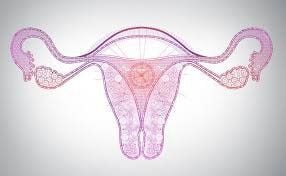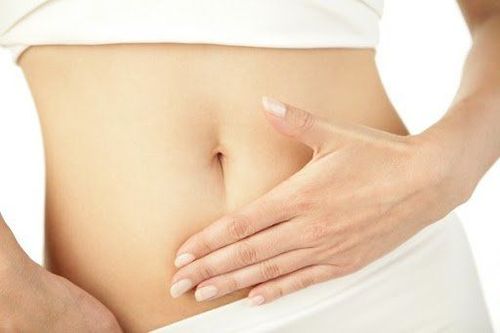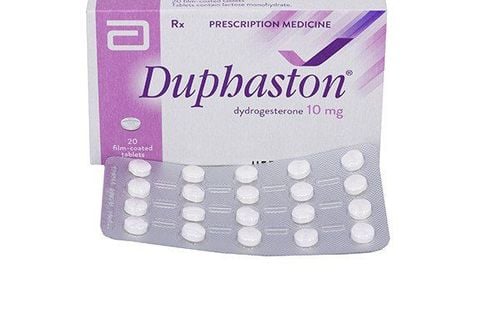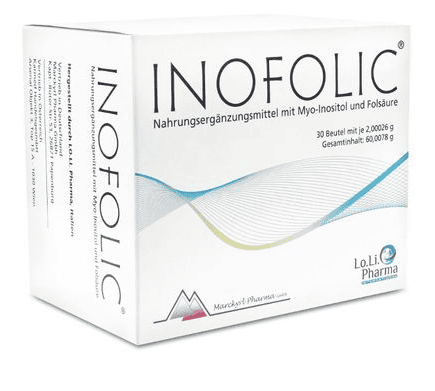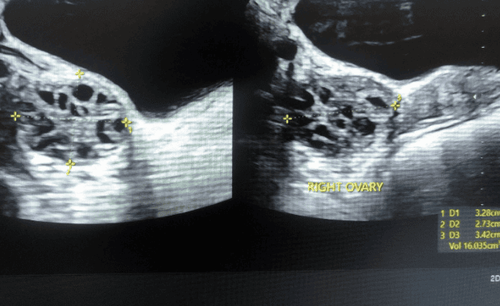Polycystic ovary syndrome (PCOS) is the most common endocrine disorder among women of reproductive age. Symptoms may include ovarian cysts, irregular menstrual cycles, acne, thinning hair, and weight gain. While researchers indicate that the causes of PCOS are complex, insulin resistance and hormone regulation are primary factors.
This article was professionally consulted by Specialist I, MD, Truong Nghia Binh - Obstetrician - Department of Obstetrics and Gynecology - Vinmec Da Nang International General Hospital.
Lifestyle changes and dietary adjustments may help manage these factors and alleviate symptoms. However, it is important to note that treatments for PCOS may differ from person to person. Below are some natural approaches to managing PCOS:
1. Dietary Changes
Eating the right foods while avoiding certain ingredients may help manage PCOS symptoms. A nutritious diet may aid in regulating hormones and menstrual cycle. Consuming processed foods and those high in preservatives may contribute to inflammation and insulin resistance.
1.1. Emphasize Whole Foods
Focus on whole foods that are free from artificial sugars, hormones, and preservatives. Incorporate fruits, vegetables, whole grains, and legumes into the daily diet. These additive-free foods may support the endocrine system in better regulating blood sugar levels.
1.2. Balance Carbohydrates and Protein
Both carbohydrates and protein are essential for the body’s energy levels and hormone production. Protein intake may stimulate insulin production, while unprocessed, high-carb foods improve insulin sensitivity. Rather than following a strict low-carb diet, individuals with PCOS should prioritize including adequate healthy protein in their meals.
Plant-based protein sources, such as nuts, legumes, and whole grains, are excellent options.

1.3. Focus on Anti-Inflammatory Foods
Some studies classify PCOS as a mild, chronic inflammatory condition. Incorporating anti-inflammatory foods into the diet may alleviate PCOS symptoms. Foods like olive oil, tomatoes, leafy greens, mackerel, tuna, and nuts are known for their anti-inflammatory properties.
1.4. Boost Iron Intake
Women with PCOS may experience heavy menstrual bleeding, which may increase the risk of iron deficiency or anemia. If an individual is diagnosed with anemia or iron deficiency, a physician may recommend methods to increase iron intake. Iron-rich foods such as spinach, eggs, and broccoli may be beneficial. However, excessive iron intake may lead to complications, so moderation is important.
1.5. Increase Magnesium Intake
Magnesium-rich foods such as almonds, cashews, spinach, and bananas are particularly beneficial for individuals with PCOS.
1.6. Incorporate Fiber
A high-fiber diet may greatly improve digestion. Foods rich in fiber include lentils, lima beans, broccoli, Brussels sprouts, pears, and avocados.
1.7. Limit Coffee Consumption
Caffeine consumption may be linked to fluctuations in estrogen levels and hormone expression. Consider caffeine-free alternatives, such as herbal tea. Green tea may aid in improving insulin resistance and managing weight for women with PCOS.
1.8. Consider Soy Products
Soy contains proteins that may mimic estrogen in the body, which may help balance hormones in individuals with PCOS. However, there is also evidence suggesting that soy may disrupt the endocrine system.
Individuals with a family history of estrogen-related cancers, such as certain breast cancers, should consult their physician before adding soy to their diet. Safe soy options include soy milk, tofu, miso, and tempeh for those with PCOS.
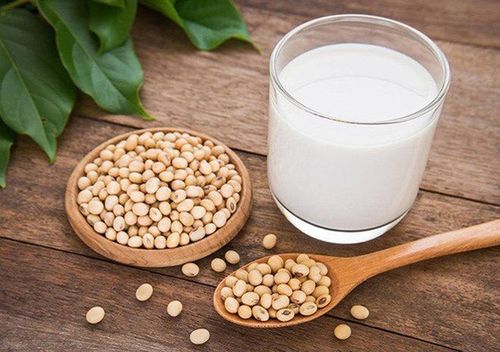
2. Dietary Supplements for PCOS
Dietary supplements may help regulate hormones, insulin resistance, and inflammation associated with Polycystic Ovary Syndrome (PCOS).
However, these supplements are not approved by the U.S. Food and Drug Administration (FDA). It is important to consult with the physician before taking any dietary supplements, as only certain supplements are approved for use in treatments and medications for PCOS.
2.1. Inositol
Inositol, a B vitamin, may improve insulin resistance and enhance fertility in some cases of PCOS.
2.2. Chromium
Chromium supplements may improve body mass index (BMI) and reduce insulin resistance by assisting the body in metabolizing sugar.
2.3. Cinnamon
Cinnamon, derived from the bark of the cinnamon tree, has been shown to positively affect insulin resistance and may help regulate menstrual cycles in women with PCOS.
2.4. Turmeric
The active ingredient in turmeric, called curcumin, may help reduce insulin resistance and possesses anti-inflammatory properties.
2.5. Zinc
Zinc is a trace mineral that may boost fertility and support the immune system. It may also help improve excessive hair loss. Foods rich in zinc include red meat, beans, nuts, and seafood.
2.6. Evening Primrose Oil
Evening Primrose Oil has been used to relieve symptoms of dysmenorrhea and irregular periods. It may also improve cholesterol levels and reduce oxidative stress, both of which are linked to PCOS.

2.7. Vitamin D and calcium combination
Vitamin D is crucial for the endocrine system, and deficiency is common in women with PCOS. Combining vitamin D with calcium may improve menstrual regularity and increase ovulation.
2.8. Fish Liver Oil
Fish liver oil is rich in vitamins D and A, along with high levels of omega-3 fatty acids, which may help improve menstrual regularity and reduce belly fat.
Berberine, an herb used in Chinese medicine, may help reduce insulin resistance. It may boost metabolism and balance hormonal responses in individuals with PCOS.
2.9. Berberine
Berberine, an herb used in Chinese medicine, may help reduce insulin resistance. It may boost metabolism and balance hormonal responses in individuals with PCOS.
3. Adaptogen herbs
When the body struggles to regulate insulin, hormones may accumulate, leading to elevated levels of male hormones known as androgens. Some adaptogenic herbs may alleviate other symptoms of PCOS, such as irregular menstrual cycles, by reducing androgens.
It is advisable to consult a physician before using herbal supplements, as these have not been evaluated by the FDA.
When the body struggles to regulate insulin, hormones may accumulate, leading to elevated levels of male hormones known as androgens. Some adaptogenic herbs may alleviate other symptoms of PCOS, such as irregular menstrual cycles, by reducing androgens.
It is advisable to consult a physician before using herbal supplements, as these have not been evaluated by the FDA.
When the body struggles to regulate insulin, hormones may accumulate, leading to elevated levels of male hormones known as androgens. Some adaptogenic herbs may alleviate other symptoms of PCOS, such as irregular menstrual cycles, by reducing androgens.
It is advisable to consult a physician before using herbal supplements, as these have not been evaluated by the FDA.
3.1. Maca Root
Maca root is a traditional herb used to enhance fertility and libido. It may help balance hormones and reduce cortisol levels, and it may also address depression, a common symptom of PCOS.
3.2. Ashwagandha
Ashwagandha, also referred to as Indian ginseng, may help balance cortisol levels, which may improve stress and symptoms associated with PCOS.
3.3. Holy Basil
Holy basil, known as tulsi, may help reduce chemical and metabolic stress. It may lower blood sugar, prevent weight gain, and reduce cortisol levels.
3.4. Licorice Root
Licorice root contains glycyrrhizin, which has anti-inflammatory properties. This herb may assist in metabolizing sugar and balancing hormones.
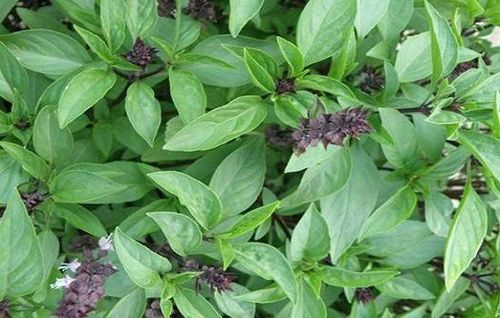
3.5. Tribulus terrestris
Tribulus terrestris helps to stimulate ovulation and support menstruation. It can also reduce the number of ovarian cysts.
3.6. Chasteberry
Chasteberry has been used for centuries as a fertility aid. They may improve some symptoms of Premenstrual Syndrome (PMS), although its effects on fertility require more research.
4. Digestive enzymes (Probiotics)
Probiotics are not only beneficial for the digestive tract and gut health, but they can also play an important role in the treatment of PCOS. They can also reduce inflammation and regulate sex hormones like androgens and estrogens. Consider taking a probiotic supplement and eating probiotic foods, like kimchi and kombucha.5. Weight maintenance to treat polycystic ovaries
Maintaining a healthy weight can help reduce insulin resistance, irregular periods, and reduce the risk of PCOS-related illnesses. If you're overweight, some research suggests gradual weight loss through a low-calorie diet as a promising first-line treatment for PCOS.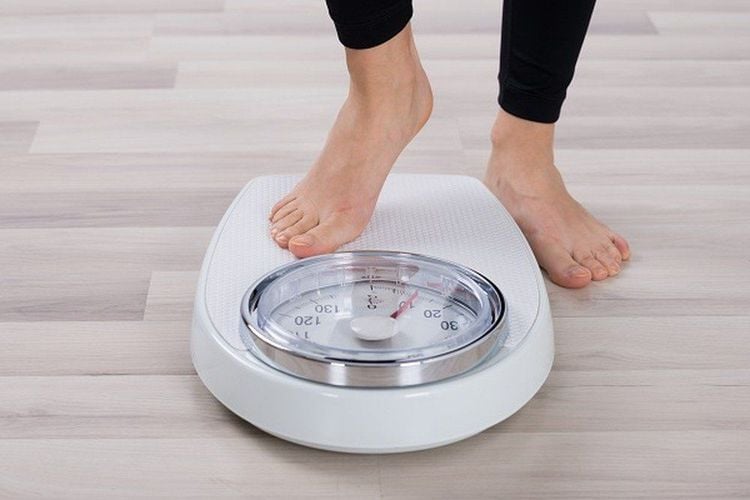
6. Exercise
Exercise is important for maintaining a healthy weight. But too much exercise can mess with hormone levels, so talk to your doctor about a balanced exercise regimen.
Gentle, low-impact exercises like yoga or Pilates can be chosen. Swimming and aerobics are also recommended. High-intensity exercise and long-distance running can also help improve symptoms of PCOS.
7. Practice good “sleep hygiene”
Sleep helps reduce stress levels and helps regulate cortisol for hormone balance. But sleep disturbances are twice as common in women with PCOS. To promote sleep hygiene:
- Aim for eight to ten hours of sleep each night
- Establish a regular bedtime routine
- Avoid stimulants and high-fat foods before bed
8. Stress relief
Reducing stress can regulate cortisol levels. Many of the strategies mentioned above, such as yoga, getting enough sleep, and cutting back on caffeine, can contribute to lower stress levels.
Going for a walk outside and creating a healthy living space for relaxation and self-care can also reduce feelings of stress.
9. Limit or avoid endocrine disruptors
Endocrine disruptors are chemicals or ingredients that interfere with or block the natural response of hormones. Some endocrine disruptors resemble female and male sex hormones, disrupting the reproductive system. This can increase your risk of PCOS symptoms.
They are commonly found in canned foods, soaps and makeup. Common endocrine disruptors include:
- Dioxin
- Phthalates
- Insecticide
- BPA
- Ete glycol
10. Acupuncture treatment of polycystic ovaries
Studies show acupuncture as an alternative treatment for PCOS. Acupuncture can improve PCOS by:
- Increases blood flow to the ovaries
- Reduces cortisol levels
- Helps with weight loss
- Improves insulin sensitivity
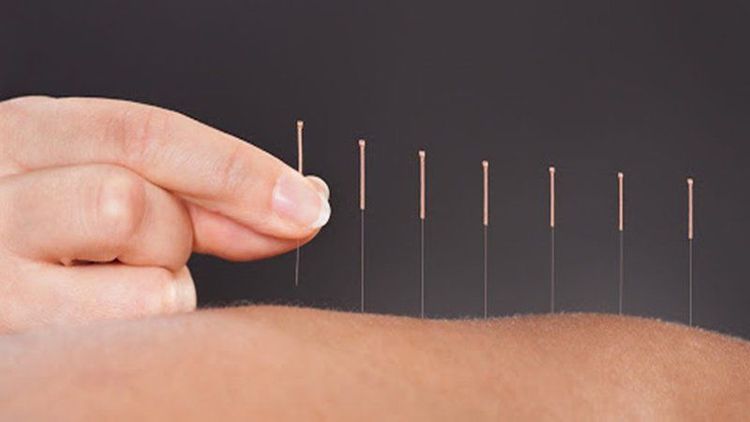
11. Some Notes
Be wary of supplements and other therapies. Despite a large amount of research on natural treatments for PCOS, more specific information is needed to support many of the alternatives. You should always check with your doctor before starting any alternative therapy. Some treatments that are hyped as a "miracle" for PCOS can actually affect fertility or lead to other complications.
Use caution:
- Progestin, can make it harder to get pregnant Systemic enzyme therapy Functional foods and herbs that promise a cure for all diseases and immediate effects. In order to help customers detect and treat other gynecological diseases early, Vinmec International General Hospital has a basic gynecological examination and screening package, which helps customers detect inflammatory diseases early and help treat diseases. Easy, inexpensive treatment. Screening detects gynecological cancer (cervical cancer) early even when there are no symptoms.
- Basic gynecological examination and screening package for female customers, has no age limit and may have the following symptoms:
- Abnormal vaginal bleeding Having menstrual problems: irregular menstrual cycle, irregular menstrual cycle Irregular vaginal discharge (smell, different color) Vaginal pain and itching Female clients have several risk factors such as poor personal hygiene, Unsafe sex, abortion,... Female customers have other symptoms such as: Abnormal vaginal discharge, itching, pain in the private area, abnormal vaginal bleeding.
Please dial HOTLINE for more information or register for an appointment HERE. Download MyVinmec app to make appointments faster and to manage your bookings easily.
Reference source: healthline.com
To arrange an appointment, please call HOTLINE or make your reservation directly HERE. You may also download the MyVinmec app to schedule appointments faster and manage your reservations more conveniently.

